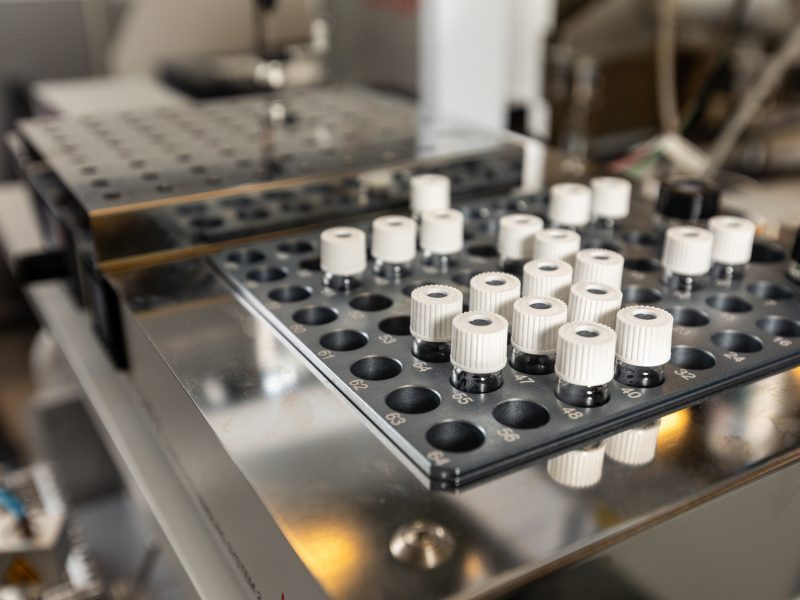Intellectual property FAQs
Arizona Board of Regents Policy 6-908 governs intellectual property developed at NAU. Generally speaking, the Board claims ownership of all IP created by (a) NAU employees in the course and scope of their university employment, and (b) NAU employees and others who create IP through the significant use of board or university resources.
While there are some copyrightable works in which the Board does not claim an ownership interest (i.e., scholarly works and student created works), the ownership of these works still lie with the board due to applicable state or federal law.
In such cases, upon written request by the creator(s) of such copyrightable works, NAU Innovations will assign ownership rights to the creator(s) subject to retention of a paid-up, royalty-free, non-exclusive license to use the works for non-commercial purposes and agreement by the creator(s) not to use the board or university’s name in any commercial context involving the works.
Intellectual property created by NAU employees and others as a result of work supported by a sponsored project (grant or contract) is owned by the board unless the sponsored project agreement specifically grants ownership to the sponsor or another party.
Congressional interest in facilitating US technological innovation led to the passage of P.L. 96-517, Amendments to the Patent and Trademark Act, commonly referred to as the “Bayh-Dole Act” after its two main sponsors, former Senators Robert Dole and Birch Bayh.
Under this 1980 law, as amended, title to inventions made with government support may be provided to the contractor if that contractor is a small business, a university, or other non-profit institution. The legislation is intended to use patent ownership as an incentive for private sector development and commercialization of federally-funded research and development.
As a response to congressional efforts to create a unified government patent policy pertaining to inventions made with federal support, the Bayh-Dole Act promotes cooperative activities among academia, small business, and industry, leading to new products and processes for the marketplace.
By providing universities with intellectual property ownership with which to pursue and structure collaborative ventures, the legislation is intended to encourage the two sectors to work together to generate new goods, processes, and services for the marketplace. Such joint work allows for shared costs, shared risks, shared facilities, and shared expertise.
Universities have reporting duties and the government keeps certain rights, but NAU may generate revenue from licensing technologies developed from federal funding.
Arizona Board of Regents Policy 6-908 part B governs revenue sharing by granting creators a minimum of 25 percent of net income. This is implemented by the NAU Intellectual Property Policy, which states in Exhibit A that NAU will grant creators 50 percent of any net income from their intellectual property.
Ownership of IP created by NAU students can be a complex issue. However, the board does not claim an ownership interest in student-created works (nor does any state or federal law result in ownership of such works to the university, as is the case with employee-created scholarly works). Dissertations and theses are considered “student-created works.” However, the following types of IP are not considered “student-created works”:
- works created by a student within the course and scope of employment as an employee of the university
- works created with significant use of board or university resources
- works created by the student under a sponsored project if the agreement that governs the project provides either party to the agreement (the university or sponsor) IP ownership rights
Students and faculty are strongly encouraged to contact NAU Innovations for a formal ownership determination in any case where ownership of student-created IP is an issue.
A senior capstone project is considered a “student-created work” and is therefore owned by the student. NAU may not assign rights for a project on behalf of the student.
